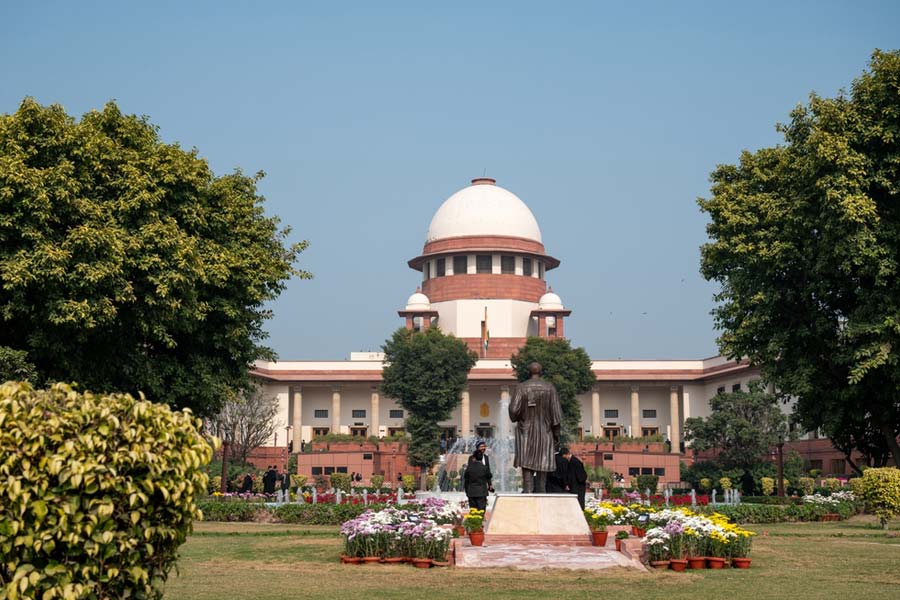The Supreme Court on Thursday dismissed a PIL seeking that doctors mandatorily disclose the potential adverse effects of allopathic medicines prescribed by them, stating such a requirement was “very difficult to implement and is not practical”.
The apex court turned down the plea of the petitioner that such disclosure would not only safeguard the lives of patients but also doctors from consumer court complaints.
A bench of Justice B.R. Gavai and Justice K.V. Viswanathan said even if such a directive was issued, there would be questions on standardised norms for disclosure.
“Also a medicine will have different effects on different persons,” Justice Gavai, heading the bench, told advocate Prashant Bhushan, appearing for petitioner Jacob Vadakkanchey, a social worker from Kerala seeking such mandatory disclosures by doctors.
The appeal had been filed against a Delhi High Court judgment passed in May, dismissing the petition on the ground that no such directive could be given and that according to the existing mechanism, manufacturers in any case were under a legal obligation to disclose the possible side effects and adverse impacts of their drugs.
During Thursday’s hearing, the bench noted that the medical fraternity was not happy with the Supreme Court’s directive that doctors were liable for negligence under the Consumer Protection Act.
“As it is doctors are not happy with the judgment of this court keeping them under the ambit of the Consumer Protection Act. Enforcement of such directives will lead to more consumer court cases,” the court said.
Bhushan argued that far from landing doctors in consumer courts, such mandatory disclosure, which has been suggested by the World Health Organisation (WHO) as well, would stave off any possible legal hurdles.
However, the bench was not impressed with the argument.
“Also, the general practitioner cannot attend to more than 10-15 patients if this rule is followed and then consumer protection cases will follow,” the bench said.
It added: “It is not possible to inform individually. You may perhaps have such
information displayed at
pharmacies.”
Bhushan argued that doctors should not have any problem in making such disclosures as they merely need to keep a printed proforma ready on the contraindications and side effects of drugs.
The court dismissed the appeal.











